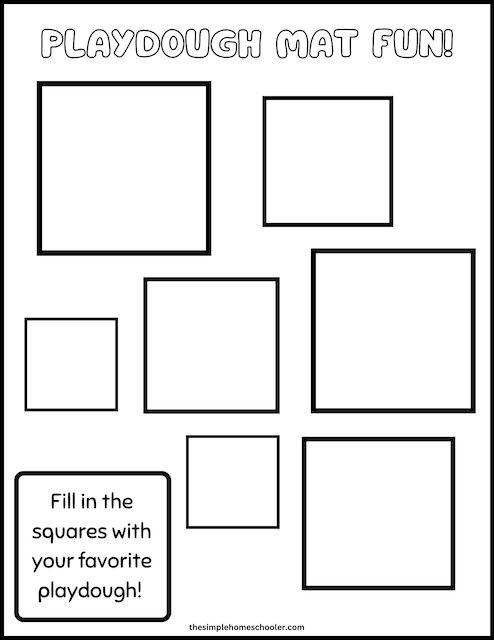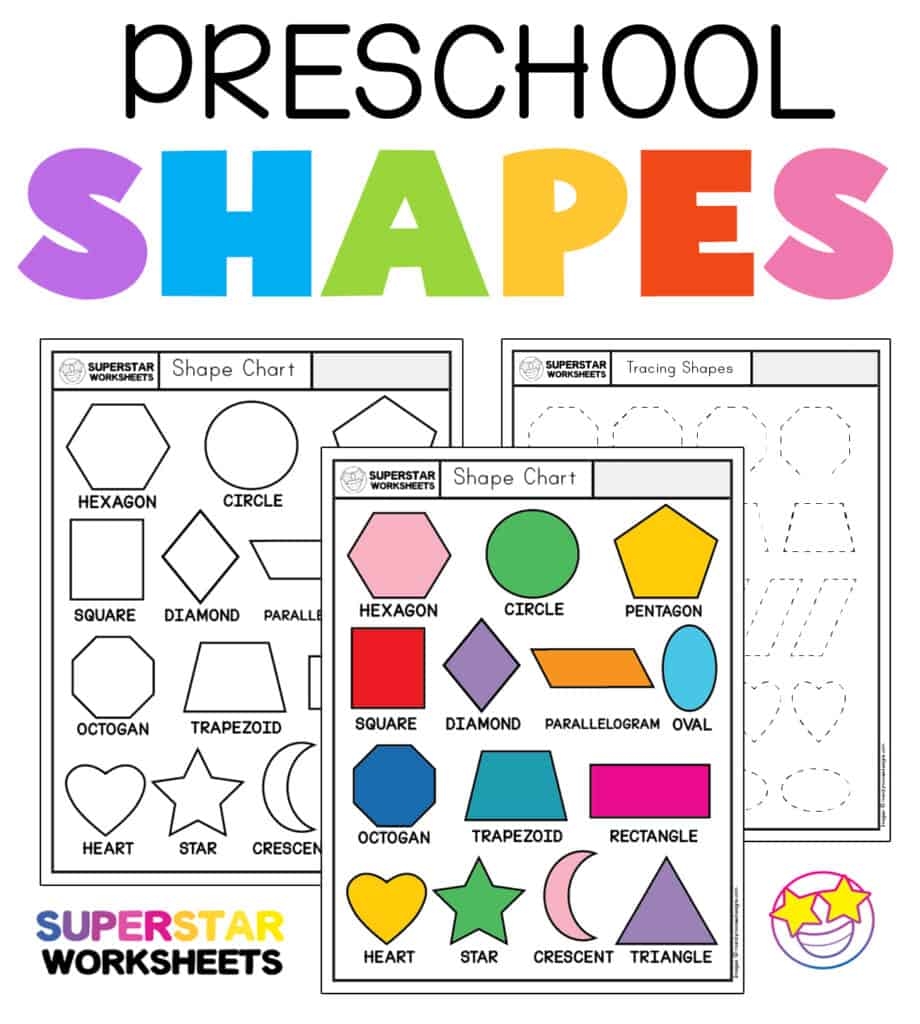Preschoolers are at a crucial stage in their development where they are learning about shapes and colors. Shape worksheets are a fun and interactive way to help young children recognize and identify different shapes. These worksheets not only help with shape recognition but also improve fine motor skills and hand-eye coordination.
By using shape worksheets, preschoolers can practice tracing, coloring, and matching shapes, which are essential skills for their early education. These worksheets can be a valuable tool for teachers and parents to engage children in a hands-on learning experience that is both educational and enjoyable.
 10 Free Square Shape Worksheets For Preschoolers Easy Print (worksheets.clipart-library.com)
10 Free Square Shape Worksheets For Preschoolers Easy Print (worksheets.clipart-library.com)
One popular type of shape worksheet for preschoolers is the “trace and color” worksheet. In this activity, children are tasked with tracing over various shapes and then coloring them in. This helps children practice their pencil grip and control while also reinforcing their knowledge of shapes.
Another common type of shape worksheet is the “match the shapes” worksheet. In this activity, children are given a set of shapes and are asked to match them to corresponding shapes on the worksheet. This helps children develop their visual discrimination skills and learn to identify shapes based on their attributes.
Shape worksheets can also be tailored to specific shapes, such as circles, squares, triangles, and rectangles. By focusing on one shape at a time, children can deepen their understanding of each shape and its properties.
Overall, shape worksheets are a valuable resource for preschoolers to learn about shapes in a fun and interactive way. They provide a hands-on learning experience that can help young children develop important skills that will benefit them in their future education.
In conclusion, shape worksheets for preschoolers are a fantastic tool for teaching young children about shapes in a hands-on and engaging way. By incorporating these worksheets into their learning activities, teachers and parents can help children develop important skills that will set them up for success in their academic journey.
